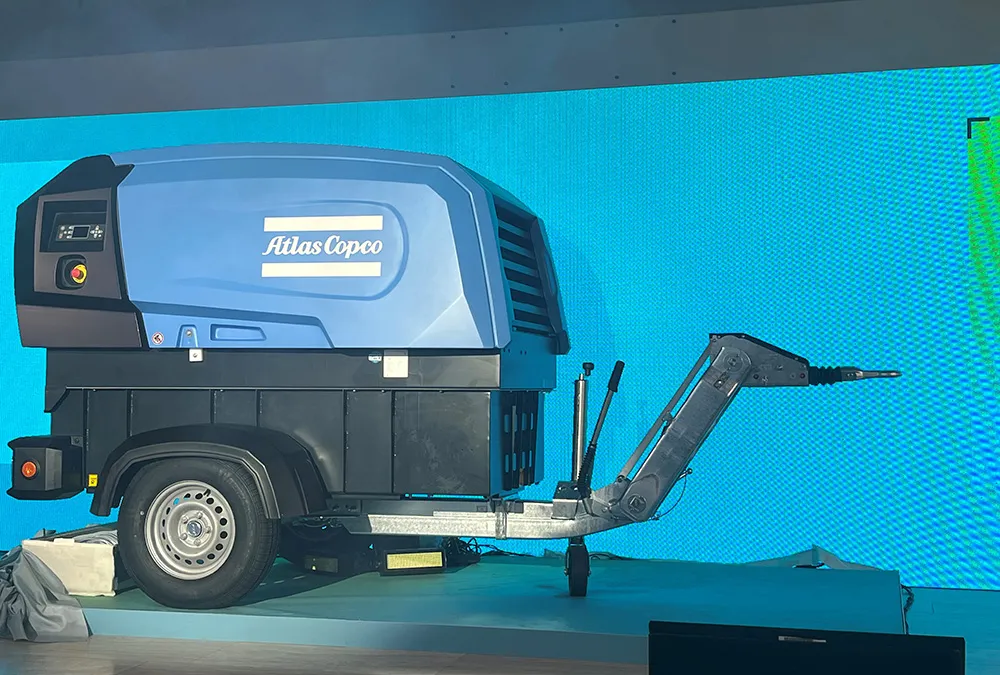
The project is being developed by University of Auckland professors John Boys and Grant Covic, according to a report by the New Zealand Herald newspaper.
The aim is to have 64,000 electric vehicles on roads by 2021, including one-third of government vehicles. Potential buyers of electric vehicles are concerned about distances before having to recharge. The project’s inductive power transfer technology transfers power without cables, using instead the magnetic field between two close points - the same technology that is used in around 70% of the world's LCD screens.
Charging pads of soft composites are buried in asphalt at intersections or on slopes to support power transfer for vehicles travelling uphill.
"Technically, we can do that, but…can we do it cost-effectively, without actually degrading the performance of the road and ensure that the systems we put in the road can survive there for 10 to 30 years?" Covic reportedly said. "That means we have to re-engineer and come up with new science around materials that can survive being in the road."
However, he noted that objects placed in a road often damage the surface.
"All of the different means by which we build roads, these will have an impact on the nature of the design,” he said.
The newspaper said that their project was one of 68 to win a share of the $177 million of funding through the ministry of business, innovation and employment's Endeavour Fund.







